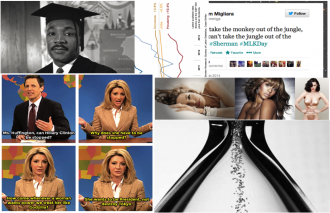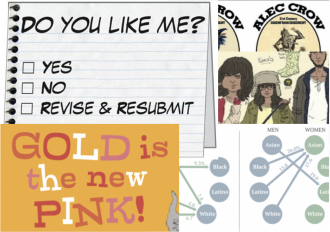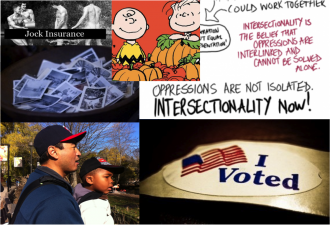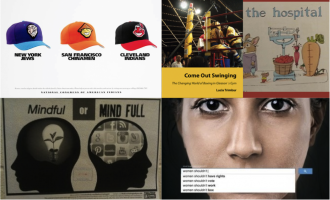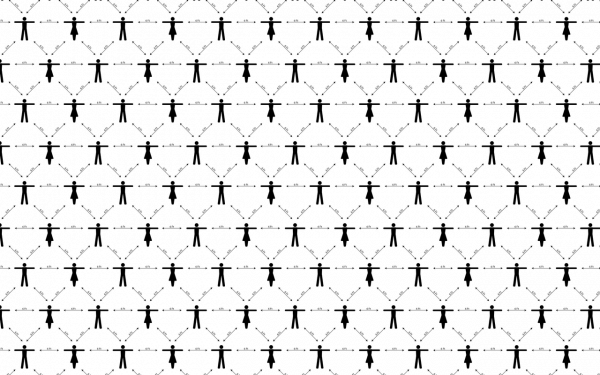
We share this writing in memoriam of Ron Anderson (June 14, 1941 – December 21, 2020) Professor Emeritus of sociology, University of Minnesota, Twin Cities. In the coming weeks, to honor Ron’s memory, we will share more of his writing.
Over the past month with lightning speed the phrase ‘social distancing’ became part of the American vocabulary. Epidemiologists invented the phrase in earlier epidemics to refer to avoiding close contact with other people during the outbreak of a contagious disease. The word now evokes such actions as staying six feet away from others, avoiding crowded places, stop handshakes and hugs and even washing your hands a lot.
But the phrase is not perfect. In fact, the World Health Organization and quite a few bloggers have called for use of an alternative phrase, ‘physical distancing’ to bring clarity. Their argument is that the word ‘social’ in social distancing suggests we should cut off relations with people. But in a pandemic, we desperately need social connecting via technology to avoid the social isolation that distancing demands.
From a sociological perspective another consideration is worth noting. Most of us have been advocating the reduction of social distance in the sense of reducing distance among race, class and sex-based groupings. Furthermore, almost 100 years ago a sociologist Emory S. Bogardus designed the research tool called the Bogardus Social Distance Scale. The tool measures the degree of separateness rather than closeness among any kind of social groups including race, class and gender.
The long tradition of sociological measurement of social distance implies another argument against using ‘social distance’ to talk about being safe in an epidemic. We don’t want to inadvertently suggest people increase their distance with minority ethnic groups. We are living in a time when white nationalism has been rising and there are many reports of prejudice and discrimination toward Asians. We need to build less, not more social distance.
It is probably too late to get most people to switch phrases from ‘social distancing’ to ‘physical distancing’ or just ‘distancing.’ But you can add your thoughts about this issue to the dialog on Wikipedia or elsewhere on this important topic. And you can be more precise in your own use of distancing terminology.

